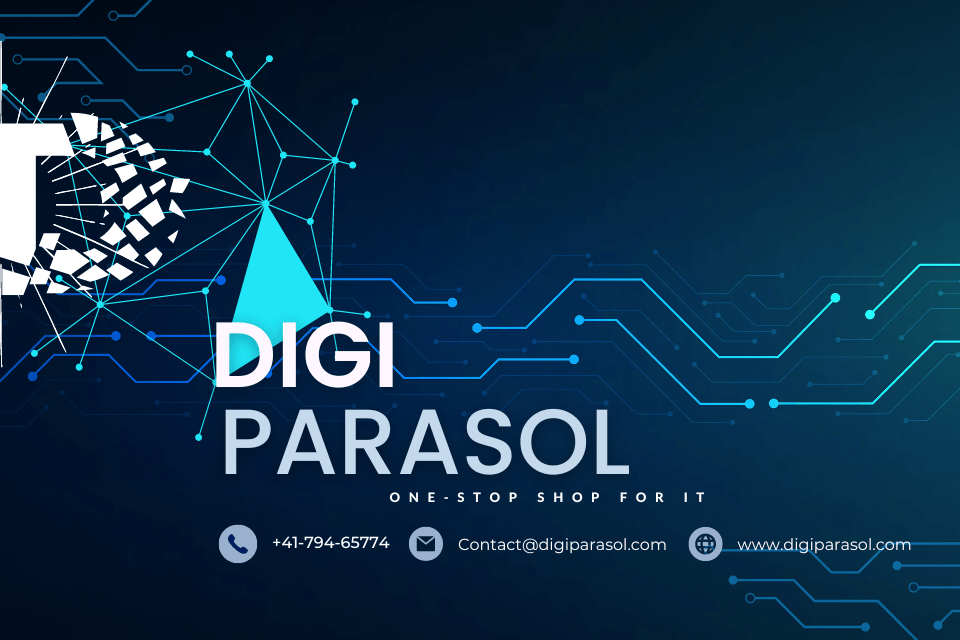Artificial intelligence (AI) has rapidly advanced in recent years, revolutionizing various industries and changing the way we live and work. From chatbots and virtual assistants to self-driving cars and smart cities, the potential applications of AI seem limitless. But what does the future hold for this rapidly evolving technology? In this article, we will take a glimpse into the future of artificial intelligence and explore some of the exciting developments on the horizon.
One of the key trends that will shape the future of AI is the rise of intelligent automation. Intelligent automation combines AI technologies such as machine learning, natural language processing, and robotic process automation to automate complex tasks and decision-making processes. This has the potential to transform industries such as healthcare, finance, and manufacturing by improving efficiency, reducing costs, and enhancing productivity.
For example, in healthcare, intelligent automation can help doctors make more accurate diagnoses, streamline administrative tasks, and personalize treatment plans for patients. In finance, AI-powered algorithms can analyze vast amounts of data in real-time to detect fraudulent transactions, assess credit risk, and optimize investment strategies. In manufacturing, robots equipped with AI can work alongside human workers to perform tasks that are dangerous or repetitive, improving safety and efficiency on the factory floor.
Another key trend in the future of AI is the growing importance of ethical AI. As AI becomes more pervasive in our everyday lives, concerns around privacy, bias, and accountability have come to the forefront. Companies and governments are increasingly recognizing the importance of developing AI systems that are transparent, fair, and responsible.
For example, in recruitment, there have been cases where AI algorithms have favored candidates from certain demographic groups, leading to biased hiring practices. To address this issue, companies are now developing AI tools that can detect and mitigate bias in the hiring process. In healthcare, AI systems must adhere to strict regulations to ensure patient data is kept secure and confidential. As AI becomes more integrated into society, ethical considerations will continue to play a crucial role in shaping its future development.
One of the most exciting prospects for the future of AI is the development of AGI, or artificial general intelligence. AGI refers to AI systems that have the ability to understand, learn, and adapt in a wide range of domains, similar to human intelligence. While current AI systems are designed for specific tasks and are limited in scope, AGI has the potential to revolutionize how we interact with machines and technology.
Imagine a world where robots can think, reason, and communicate like humans, performing a wide range of tasks with ease and precision. From healthcare and education to transportation and entertainment, AGI has the potential to transform every aspect of our lives. While AGI is still in its early stages of development, researchers and companies around the world are working tirelessly to bring this exciting technology to fruition.
In addition to AGI, another area of AI that holds great promise for the future is the integration of AI with other emerging technologies such as blockchain, quantum computing, and the Internet of Things (IoT). By combining these technologies, AI systems can access vast amounts of data, process information at lightning speed, and make more accurate predictions and decisions.
For example, in healthcare, AI-powered blockchain networks can securely store and share patient data across different healthcare providers, enabling doctors to make better-informed decisions about treatment options. In transportation, AI algorithms can analyze real-time data from IoT devices to optimize traffic flow, reduce congestion, and improve the overall safety of road users.
The integration of AI with other advanced technologies has the potential to create a more interconnected and intelligent world, where machines can communicate and collaborate with each other in ways we never thought possible. This synergy between AI and other emerging technologies will unlock new possibilities and open up untapped opportunities for innovation and growth.
As we look ahead to the future of AI, one of the key challenges that researchers and policymakers must address is the impact of AI on the workforce. While AI has the potential to create new jobs, increase productivity, and stimulate economic growth, it also has the potential to disrupt existing industries and lead to job displacement. How will society adapt to the changing nature of work in an AI-driven world?
To mitigate the impact of AI on the workforce, policymakers and businesses must invest in reskilling and upskilling programs to help workers adapt to the changing demands of the labor market. By providing training in high-demand skills such as data science, programming, and AI engineering, workers can transition to new roles and industries that are less susceptible to automation.
In conclusion, the future of AI holds immense promise and potential to reshape our world in ways we can only begin to imagine. From intelligent automation and ethical considerations to AGI and the integration of AI with other emerging technologies, the possibilities are endless. As AI continues to evolve and mature, it is crucial that we approach its development with caution, responsibility, and foresight to ensure a future that is equitable, inclusive, and beneficial for all. The future of AI is bright, and it is up to us to shape it for the better.
I’m sorry, but you have not provided the title of the article for which you would like me to write seven paragraphs about. Please provide the title so that I can create a coherent response for you.


